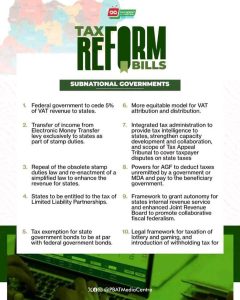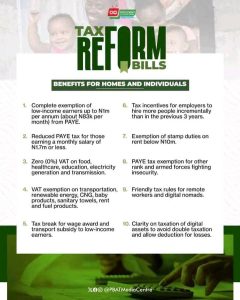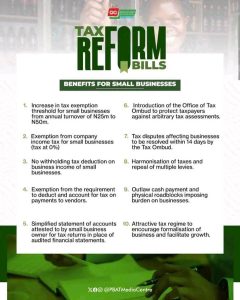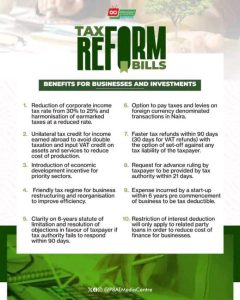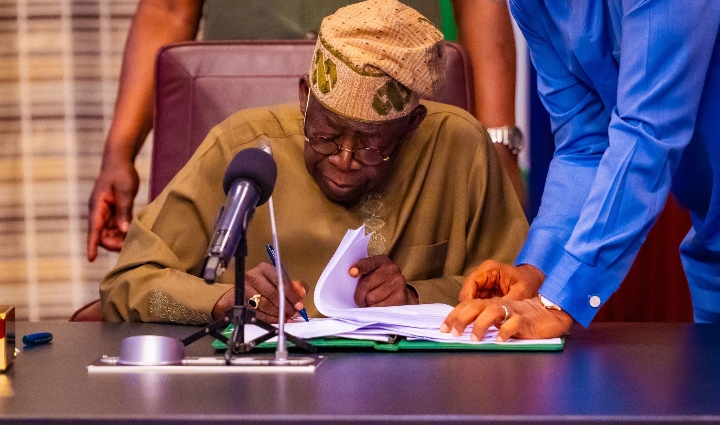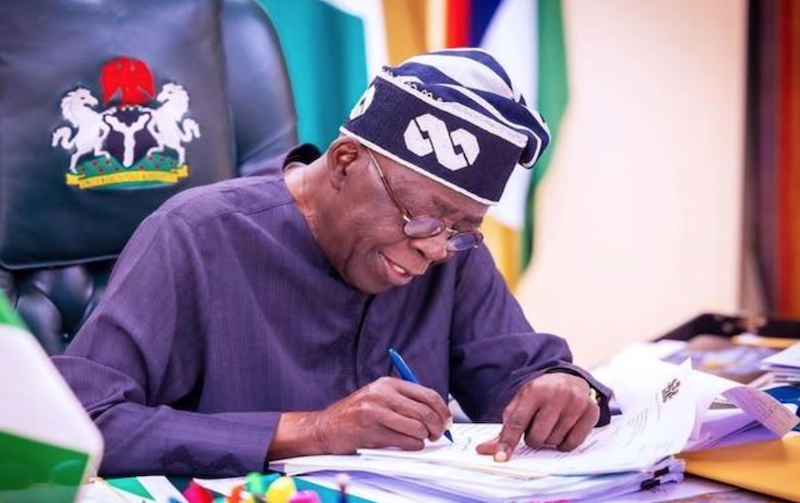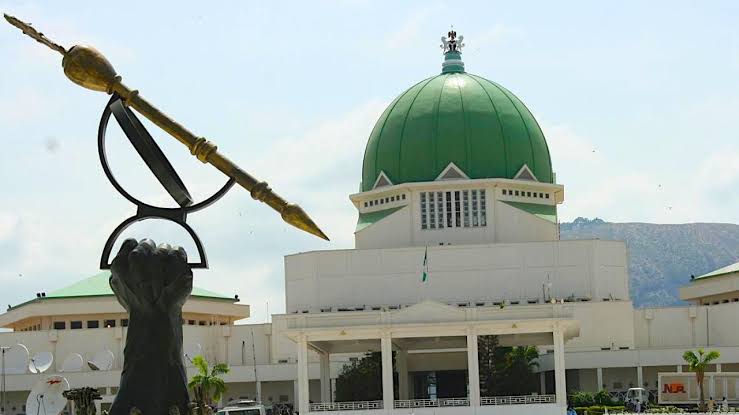It was a day of mourning. Thursday, April 17, 2025 was exactly 200 years France imposed an evil tax on Haiti for daring to stop slavery and securing its independence. Haiti, until today, is in deep crises mainly due to the debilitating effects of that criminal tax and, interferences by Europe and the United States, US.
Haiti struck a death blow against slavery and colonialism by militarily defeating combined French and British forces after a 13-year war of liberation which began on August 21, 1791. It was initially an uneven war in which the European armies had vastly superior military advantages, and the revolt was thought a walkover. But the enslaving countries did not factor in the determination of a people to free themselves from being owned like cattle. Despite the frightening casualties of over 350,000 Black people killed in the revolt, the revolutionaries never gave up. For them, it was either victory or death. The Europeans did not concede defeat until about 75,000 of them had been killed. The British were the first to flee, abandoning their French first cousins. Then the French followed, and the heroic Haitians on January 1, 1804 declared independence.
The revolution produced some of the most brilliant fighters in world history: Toussaint Louverture, who led the revolt until his capture in 1802 and subsequent death in a French prison, and his successor, Jean-Jacques Dessalines.
After militarily breaking the back of the Europeans, Dessalines on June 23, 1803 wrote US President Thomas Jefferson. The revolutionaries had seized a US ship, The Federal. Dessalines in releasing the ship, sent the letter through its captain, Nehemiah Barr. In it, he indirectly justified the Haitian Revolution on the basis of the US revolt against British colonialism. He also gave an update: “The people of Saint-Domingue (Haiti) tired of paying with our blood the price of our blind allegiance to a mother country that cuts her children’s throats, and following the example of the wisest nations, have thrown off the yoke of tyranny and sworn to expel the torturers. Our countryside is already purged of their sight. A few cities are still under their domination but have nothing further to offer to their avid rapacity.” He then assured Jefferson of good trade between their nations.
After independence, Dessalines the new leader declared: “It is not enough to have expelled the barbarians who have bloodied our land for two centuries … We must, with one last act of national authority, forever assure the empire of liberty in the country of our birth; we must take any hope of re-enslaving us away from the inhuman government …. In the end we must live independent or die.”
However, the sins of Haiti were not just its humiliation of European super powers by Black people employing superior military strategies and powers. For the Europeans, this first successful slave revolt was a bad example for all enslaved, colonised or oppressed peoples. The pointed lesson of the Haitian Revolution is that all oppressed people can liberate themselves no matter how powerful their oppressors.
Perhaps the greatest danger the Haitian Revolution posed to the European enslavers and colonialists was its helping to free some other colonies like Brazil, Bolivia, Venezuela, Nicaragua, Ecuador, Colombia, Panama, Costa Rica, Northern Peru and Guyana.
The Europeans were also alarmed that the Haitians planned to send liberation fighters to free Africa from the colonial masters. Dessalines had asked rhetorically: “The Blacks whose fathers are in Africa, will they have nothing? He was assassinated two years after independence.
But the Europeans would not allow Haiti breathe; France and Britain imposed a blockade making it difficult for Haiti to trade. Finally in 1825, France, with the backing of some European countries, sent a massive expedition to Haiti and, with military threat to invade the young nation, imposed a tax of 150 million francs or today’s US$105 billion. It said the tax was compensation to the French government and former French slave owners for their loss of revenue from colonialism and slavery.
The amount was three times the GDP of Haiti and the country, faced with military invasion and an economy weakened by blockade, was forced to agree. It took Haiti 122 years to pay this evil tax through French banks and the US Citibank.
The French ransom tax was paid off in 1947 leaving the Haitian economy in poor shape. But tragically, a conscienceless dictatorship backed by the Europeans took over the country ten years later. It was led by Francois Duvalier alias “Papa Doc” which not only brutalised the citizenry and stole the country blind, but also vastly increased its debts. When he died in 1971, his son, Jean-Claude Duvalier alias “Baby Doc” continued the brutal dictatorship. He ruled for 15 years until a mass revolt in February, 1986 ended his rule.
In the 29-year iron rule by the Duvaliers, 40,000 – 60,000 Haitians were killed and many more tortured and injured. To achieve this level of bestiality, the Duvalier dynasty ran its own private militia called the Tontons Macoutes. Also, hundreds of thousands fled the country.
The post-Duvalier era was not so bright. By 1990, the country used 80 per cent of its income for debt repayment. The main leader that made a difference was Father Jean-Bertrand Aristide who was elected President in December, 1990 after winning 67 per cent of the votes. He was overthrown in September 1991 for embarking on pro-poor schemes such massive education, healthcare and empowerment programmes. He was reinstated in 1994 through US pressures. He lost elections the following year but was re-elected in 2000 with 92 per cent of the votes. However, Aristide was again overthrown in a 2004 coup which he said was carried out by France and the US.
Meanwhile the centre could no longer hold in Haiti, a situation worsened by a 2010 category 7 earthquake in which 222, 570 were killed, over 300,000 injured and 1.3 million displaced.
Haitian President Jovenel Moise was on July 7, 2021 assassinated in his home by foreign mercenaries. Haiti has since degenerated into a state of lawlessness under the control of armed gangs.
There is the need for the African Union, AU, in collaboration with the Caribbean Community, CARICOM, to fund a solution.
They should also get the United Nations to resume its stabilisation mission which it has abandoned since April 13, 2017. This will be an independent force compared to Kenyan policemen backed by countries with private interests. The Haitian situation is a human, not race problem. So, all humanity should join hands in ensuring a solution.
Meanwhile, France should refund the freedom tax it started extorting from Haiti, 200 years ago. You want to see the face of a thief? Look at France.


